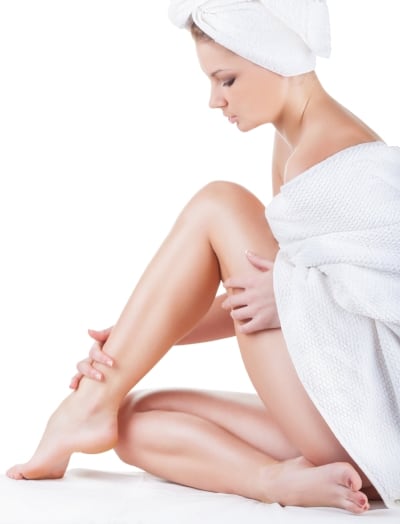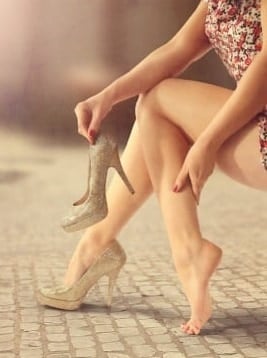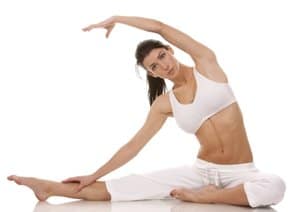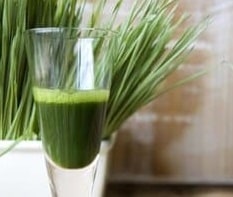Home Remedies for Varicose Veins and Vein Disease Prevention

Changing your lifestyle can help with symptoms.
A few simple at-home treatments can reduce the symptoms of varicose veins in most patients.
These include:
- Wearing prescription compression stockings
- Elevating your feet while resting
- Following a sensible diet
- Following a regular exercise program.
Among its other benefits, regular exercise is probably the best Home Remedies for Varicose Veins for warding off vein disease.
This applies to both spider and varicose veins. Obesity is a major risk factor for developing these problems. A healthy diet coupled with sensible exercise is the best way to maintain your ideal weight. Exercise also improves overall circulation which is beneficial to veins.
Dr. Andy Alexis of Mt. Sinai New York’s Department of Dermatology says diet and exercise make a big difference. He explains that “obesity both causes and worsens all types of vein disease, especially varicose veins. To date there’s only one way to maintain a healthy weight—diet and exercise.”
What Causes Varicose Veins?
Your arteries have thick layers of muscle or elastic tissue to assist pump oxygen-rich blood from the lungs to all regions of the body. Your veins mostly rely on the surrounding muscles and a system of one-way valves to force blood back to your heart. The cup-shaped valves in a vein open to let blood through and then close to stop backflow.

Running or other exercise doesn’t necessarily make varicose veins worse.
Nearly all types of exercise, including long-distance running, is actually good for vein health. “Exercise is great for your circulation,” says Dr. Giraldo. “Aerobic exercise also works the calf muscles, which helps pump blood back to your heart.”
Dr; Giraldo suggests that runners that have vein issues elevate their legs for a while after running. “It’s really a matter of common sense. If you’ve already developed veins bad enough to treat it pays to take precautions.”
Prolonged standing might not make varicose veins worse.
Many people have jobs that require prolonged standing. Examples include hairdressers, nurses, construction workers, and teachers. If you’re on your feet a lot at work you might have varicose veins or other vein problems. But then again . . . you might not.
“There’s been some debate lately about whether or not standing actually contributes to varicose veins,” says Dr. Giraldo. “We certainly know that people experience more symptoms when standing for long periods. But this doesn’t necessarily mean it’s making the underlying problem worse.”

- Take sitting breaks: if your job requires you to stand for long periods of time make sure to work your calf muscles by pumping your calves against the floor. This “toeing off” motion helps pump blood back towards the heart. It’s also advisable to wear prescription compression hose during prolonged standing.
- Take standing breaks: if you’ve got a desk job or tend to sit a lot take periodic breaks. Get up and move every 45-60 minutes, even if it’s just to walk around the office for a few minutes. As with prolonged standing, engaging the large muscles of the legs will help pump blood back towards the heart
- Take regular walks: if you don’t engage in other exercise which works the leg muscles, be sure to take regular walks. This engages the leg muscles, especially the calves. Even walking every other day for 20 minutes can greatly improve the overall circulation of your legs.
- Don’t wear tight, restrictive clothing: this especially applies to pants that are tight around the waist. This can make it more difficult for blood to travel back up your legs.
- Maintain a reasonable weight: this is one of the best ways to keep new varicose veins from forming. It can also reduce any symptoms you might be experiencing. Note that losing weight may even reduce the appearance of your existing veins.
- Lower your sodium intake: limit your use of table salt and avoid sodium-heavy processed foods such as canned soup. Excessive salt intake causes water retention and can make your swelling worse.
- Elevate your legs when resting: this is a simple and effective way to reduce swelling. Simply keep your feet propped up when lying on the couch or in a recliner. When sleeping, use pillows to slightly elevate your legs.
- Topical witch hazel ointment: the astringent properties of witch hazel are known to ease vein-related discomfort. Witch hazel comes in gels and creams. It’s inexpensive and can be bought at most drug stores.
- Butcher’s broom supplements: more study is needed, but many believe that this herb is effective for swelling and other lower extremity vein symptoms. It’s available at most pharmacies in the supplements section.

- Ginkgo biloba supplements: ginkgo has long been thought to improve circulation. Gotu kola and capsicum are also believed to be therapeutic.
- Coenzyme Q10 supplements: this supplement has been clinically shown to help the oxygenation of blood and improve circulation.
- Vitamin C: this water-soluble vitamin can strengthen vein walls when taken over a period of months. It also promotes healing and acts as a mild blood thinner.
- White oak bark supplements: the chemical compounds in white oak bark are believed to reduce inflammation of the vein walls. It may also tighten stretched-out vein walls in some patients.
- Omega 3 oils: these naturally occurring fats are one of the few very well-researched popular supplements. Regularly supplementing Omega 3s has been proven to lower bad cholesterol and reduce the risk of heart diseases. Omega 3 oils also have mild anti-inflammatory properties. When taken regularly, Omega 3s may lessen symptoms of varicose veins by reducing the inflammation associated with vein disease.
Are there any home remedies for relieving the discomfort associated with varicose veins?
Yes, several home remedies may help relieve the discomfort associated with varicose veins:
- Leg Elevation: Elevating your legs above heart level can reduce swelling and improve circulation.
- Compression Stockings: Graduated compression stockings can help improve blood flow and alleviate symptoms.
- Exercise: Regular low-impact exercises like walking and swimming strengthen leg muscles and promote healthy circulation.
- Diet: A high-fiber, low-salt diet can prevent constipation, which can worsen varicose vein symptoms.
- Hydration: Staying well-hydrated helps maintain blood viscosity and supports overall vein health.
- Cool Compress: Applying a cool compress can reduce swelling and discomfort.
- Legs-Up-the-Wall Pose: This yoga pose promotes blood flow from the legs back to the heart.
- Herbal Remedies: Some herbs like horse chestnut may offer relief, but consult a healthcare provider before use.
What role does hydration play in vein health?
Hydration plays a crucial role in vein health. Here’s how:
- Blood Viscosity: Proper hydration helps maintain the viscosity (thickness) of your blood. When you’re well-hydrated, your blood flows more easily through your veins, reducing the risk of clot formation.
- Circulation: Good hydration supports overall circulation. It ensures that blood, nutrients, and oxygen reach tissues efficiently, preventing stasis or pooling of blood in the veins, which can contribute to vein problems like varicose veins.
- Preventing Dehydration: Dehydration can cause blood to become thicker and more prone to clotting, increasing the risk of deep vein thrombosis (DVT) and other circulatory issues.
Can heat or cold therapy be used as home remedies for varicose veins?
Yes, both heat and cold therapy can be used as home remedies for varicose veins. Cold compresses can temporarily relieve discomfort and reduce swelling, while warm compresses or warm baths may help relax the veins and improve circulation. However, it’s important to use these therapies cautiously, and consult with a healthcare provider for guidance, as extreme temperatures can exacerbate symptoms in some cases.
